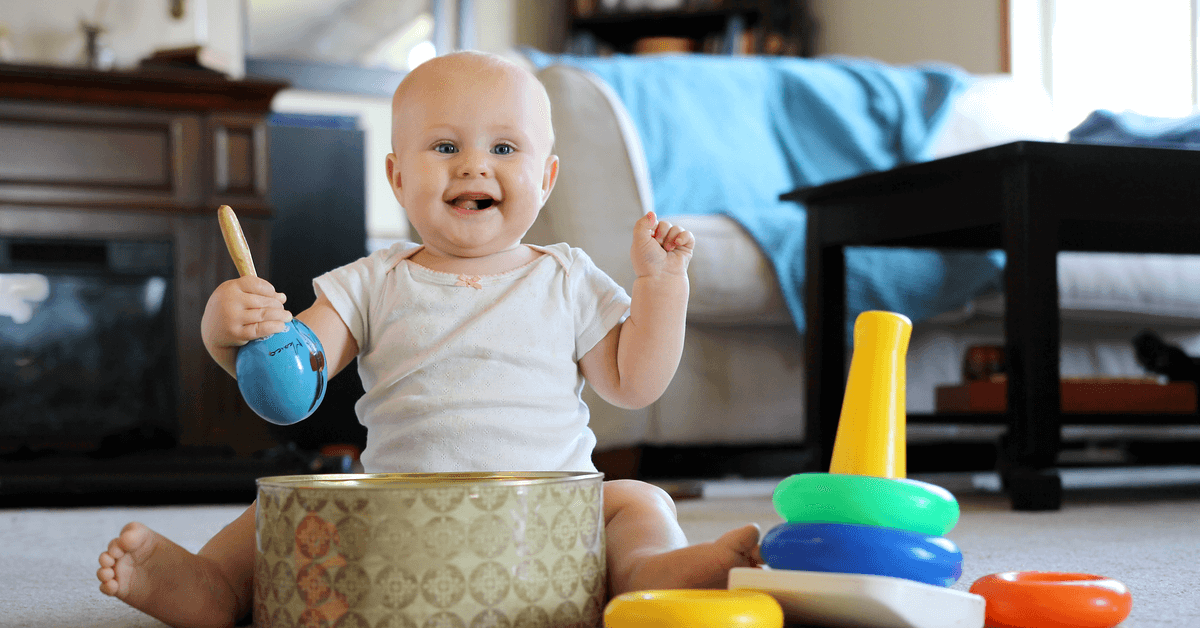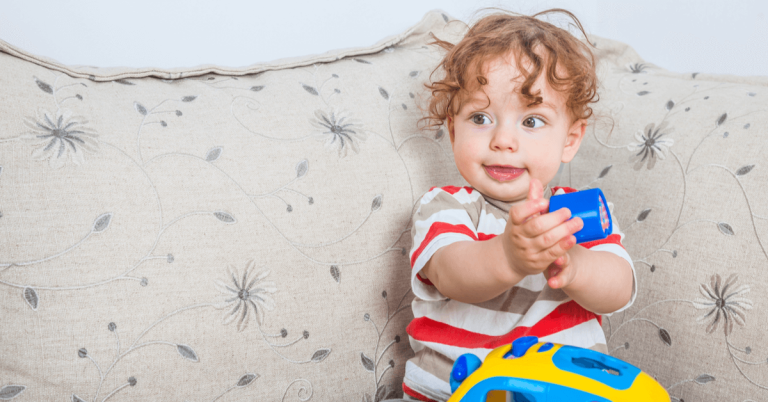What Does a 9 Month Old Baby Do?
- May try to catch a distant toy.
- It can follow falling objects.
- Can stand up from sitting position.
- Able to sit in the prone position.
- He does not lose his toy to anyone.
- Stands up and stops holding on to someone or something.
- Can hold objects with thumb and any finger.
- Says, mom, dad.
- He can play hand games and wave hands.
- Can walk holding on to furniture.
- Can drink water from a cup or glass alone.
- Your baby may even say a word or two other than parents.
- It can even stand alone.
9 Months Old Baby Nutrition – Transition to Finger Foods
Developing good eating habits Not
all children are born prone to junk food. The child comes into the world without knowing any taste, and the flavours learned to depend on the foods we introduce him to. And how our child will be fed depends entirely on the food we put in front of him. If you do not want to complain about your child’s eating habits in the future, offer him the proper nutrition from the beginning.
- Avoid foods prepared with white flour. This may remind you of the diet lists you have read so far, but this is a condition of healthy eating rather than losing weight. I prefer your bread as bran and rye as much as possible.
- Do not introduce your baby to dessert yet. The later you give sweet foods, the better. Do not think your baby will not eat cottage cheese or plain yoghurt without mixing it with a banana. Babies’ sense of taste, which is not accustomed to anything, learn about these ancestors and learn to love. Don’t make fruit a must-have, and give it after eating something that isn’t sweet first. Usually, start vegetables earlier.
- Do not give sugar to the baby. It is easier not to introduce sugar into the baby’s diet than to try a small amount of sugar. If you initially give foods sweetened with sugar, it will be difficult or impossible to restrict later. Give this type of food to your baby “once only” and “on special occasions”.
- Even a baby with no teeth needs something to scratch their gums. Now filtered foods should be a thing of the past, and finger foods and grain foods should be in the diet. Babies fed strained food for a long time become quite lazy in chewing. This situation seriously affects adequate nutrition in the future.
- Do not give salt. Babies don’t need salt other than the salt naturally found in food. Do not add salt to the foods you prepare for the baby, and avoid foods with high salt content because you will give your baby an unhealthy eating pleasure.
It’s no surprise that he turns his nose when you give him something he’s not used to. · Prepare your baby’s diet with different things. Often families provide the same thing for breakfast, every lunch and dinner. While feeding your baby, of course, make changes without going beyond the recommended food forms. You can give your baby a more comprehensive taste by trying different dairy products, cheese varieties, vegetables and fruits.
- Not only practice good nutrition at home but also teach it. Even very young children can learn that sugar is sour and white bread is unhealthy.
- Make privileges. Instead of strict prohibitions, offer small amounts of this type of food once in a while when your baby is old enough to understand exceptional circumstances. If you have adequately developed your child’s sense of taste, your baby will not like them anyway. If junk food is banned altogether, your baby will crave them even more.
A healthy diet is essential for your entire family. · Do it yourself. The above attempts may fail if you do not implement them yourself.
Don’t feel guilty. Mothers often do not want to deprive their babies of childhood sweets and cannot stand it. If you find yourself thinking this way, consider two points. First, a baby is not aware of what he is missing. Secondly, you are taking a step towards keeping him healthy throughout his life, which is the best gift you can give him.
How Much Should a 9 Month Old Baby Weight?
A 9-month-old boy weighs an average of 9000 grams, and a 9-month-old girl weighs an average of 8600 grams.
How Many cm Should a 9-Month-Old Baby Be?
- 9-month-old baby girl height limit: 63
- 9-month-old baby girl maximum height: 77
- 9-month-old baby boy height lower limit: 65
- Maximum height of 9 months old baby boy: 79
9 Months Old Baby Games
Your baby can start playing with cubes this month. Again, you can buy suitable soft cubes for him. He can have a lot of fun by putting the cubes on top of each other and trying to stack them.
This month, we have another game suggestion that your baby will love. “Where is your nose?” “Where is your mouth?” “Where is your ear?” By saying this, you can both entertain him and let him learn about his limbs.
Again this month, your baby will do ce-eee games and “I don’t have a baby!” by closing his eyes. You will love games like
9 Months Baby Doctor Checkup
Each doctor has a different approach in the follow-up of healthy babies, and this approach may vary according to the needs of the mother and baby. However, the following points to be considered in the ninth-month controls are:
- Questions about the condition of you, your baby and other family members, the baby’s feeding, sleep and general development.
- Determining the baby’s weight, head circumference and height and marking them on the development chart
- Developmental assessment can evaluate your baby’s sitting without support, assisted or unassisted progress, holding and lying down objects, responding to his name, and his interest in social games by performing tests
- Vaccination is done. MMR (measles, rubella, mumps) vaccine is given this month.
- For anaemia control, haemoglobin and hematocrit studies are performed with the blood taken from the baby’s finger. • Directions for nutrition, sleep and development are shown next month.
Would you like to share your experiences and questions as a comment?
Have a nice and healthy day!







